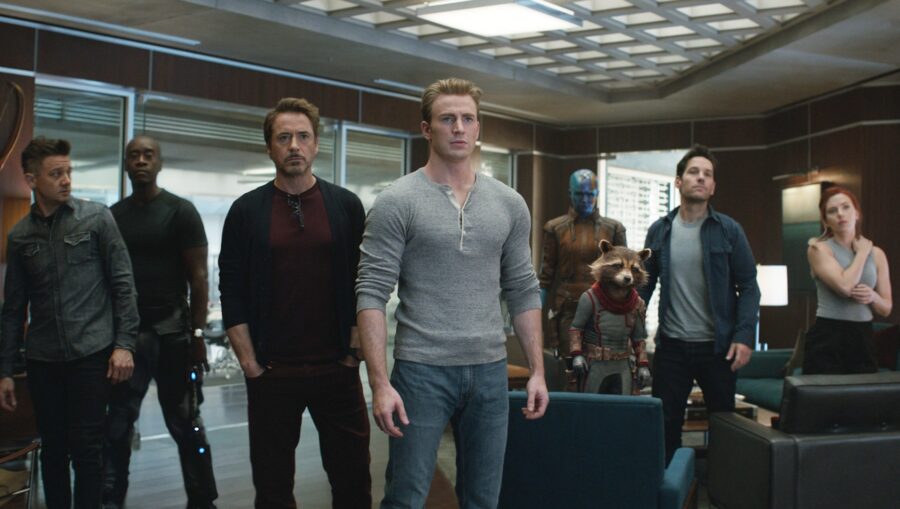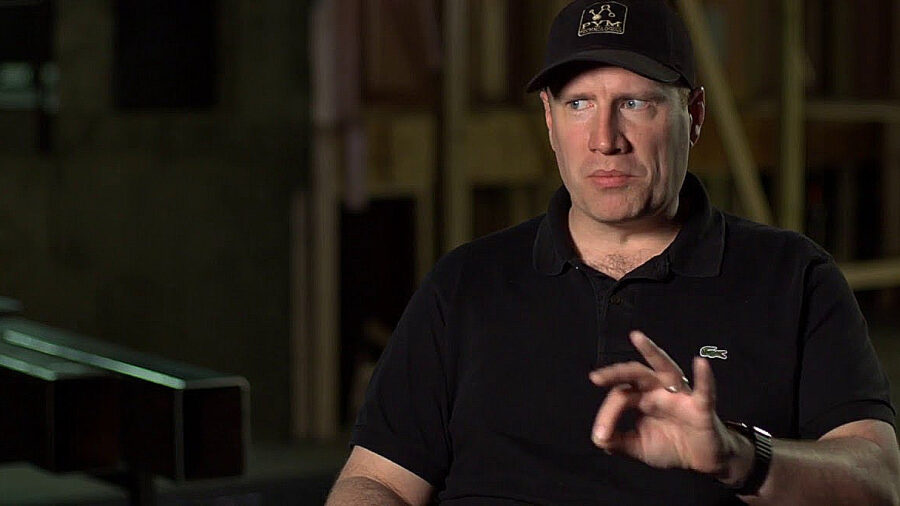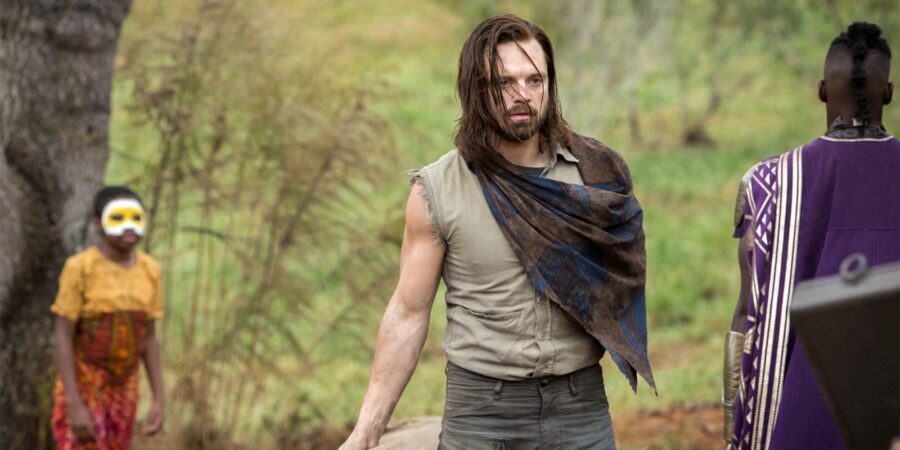MCU Star Defends Marvel From Criticism

The Marvel Cinematic Universe is experiencing a kind of ongoing upheaval: after dominating Hollywood for over a decade, the post-Endgame era of the franchise has faced diminishing returns amid a wave of superhero fatigue among audiences.
Still, the MCU has some very fierce defenders, and the latest defender is someone with a real insider perspective. According to Winter Soldier actor Sebastian Stan, “It’s become really convenient to pick on [Marvel films],” but they are“a big part of what contributes to this business and allows us to have smaller movies as well.”
Sebastian Stan Stands Up To Critics

Of course, Sebastian Stan is the first to admit that he is quite biased when it comes to Marvel movies and that he feels responsible for helping to safeguard the franchise from criticism. “Sometimes I get protective of it because the intention is really f*cking good,” he said. “It’s just f*cking hard to make a good movie over and over again.”
Avengers: Endgame Was The Peak?

While Captain America would likely remind Sebastian Stan to watch his language, it’s not hard to see where he is coming from when it comes to Marvel films and the widespread idea that their quality has been declining.
For many, Avengers: Endgame was the peak of superhero cinema, and there was a collective hope among the fandom that every future film could be just as good (if not better) than this sprawling epic.
But the blunt truth is that Endgame was better than most of what came before and set an almost impossible standard; as Stan reminds us, it’s difficult to continually replicate that success.
Still Trying To Be Different?

Implicitly, part of Sebastian Stan’s defense of Marvel is that Kevin Feige and company are constantly trying to do new things, taking creative risks that may or may not fall flat. He calls Feige “the most selfless man on this planet,” someone who “has never changed or wavered” despite his critical and commercial success.”
The MCU bigwig, Stan tells us, is someone who (along with his team) is constantly asking a singular question: “How could we surprise people and give people something different?”
Best Idea Wins

According to Sebastian Stan, Feige’s approach to Marvel films is that “The best idea wins,” and because of that, “I get protective of it. Because the intention is really good.”
The Winter Soldier actor seems to be saying that even when an MCU film misses the mark or falls flat entirely, it’s because Feige and those working for him have tried to do something different and that audiences may not always appreciate that.
It’s impossible to recreate Endgame, so instead of trying, they take risks, some of which work out (like Spider-Man: No Way Home) and some of which don’t (like Eternals).
This Is Just Hollywood

That doesn’t mean audiences should just shut up and consume crappy movies, of course, but Sebastian Stan is also adamant that moviegoers should be thankful for the effect that Marvel has on cinema as a whole.
There has been an ongoing narrative that the success of the MCU has pushed smaller and smaller movies out of the mainstream, leading studios to bank on one big-budget blockbuster after another in an attempt to keep up.
However, the actor believes there is more of a trickle-down effect we should be aware of. “This is an artery traveling through the system of this entire machinery that’s Hollywood,” he said, one that “feeds in so many more ways than people acknowledge.” It’s impossible to prove this, of course, but that belief goes a long way toward explaining why Sebastian is such an (ahem) “Stan” for Marvel.
In Until The End?

If nothing else, it’s clear that Sebastian Stan owes his current career success to Marvel: his mainstream success led to him headlining the unflattering Donald Trump biopic The Apprentice, for example, which opens next month and has huge (or should that be yuge?) buzz behind it.
Despite this success, though, Stan will continue to act in the MCU for the foreseeable future. In this way, you could say that the Captain America actor is with Feige ‘til the end of the line.
Source: Variety












